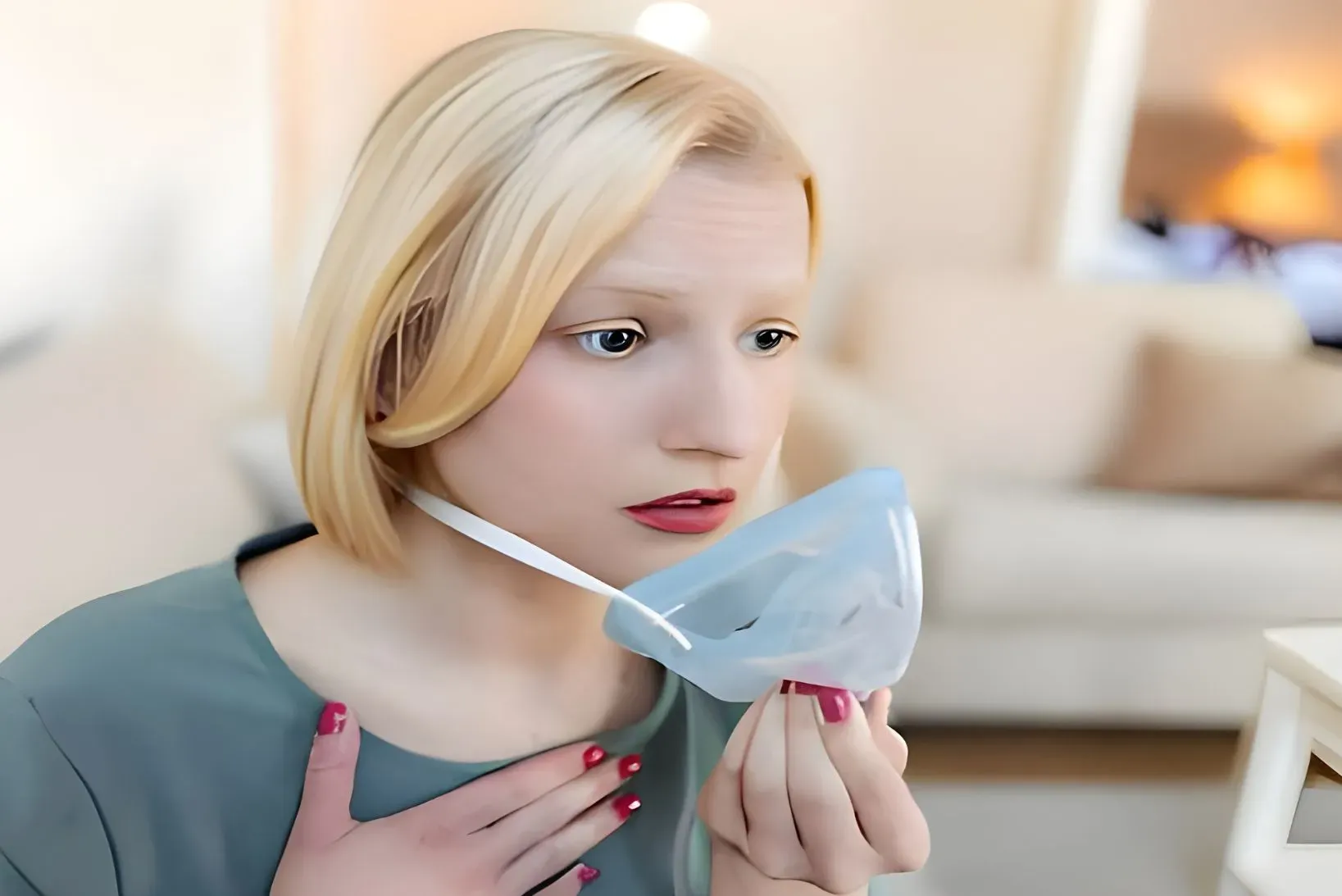Shortness of breath is not actually a disease, but a response to an illness that creates quite a distressing sensation. If the symptoms of shortness of breath are detected in the early stages, it becomes easier to take proper treatment by finding the cause of shortness of breath. So today we will discuss the symptoms, causes and remedies of shortness of breath and also what to do if you or someone else has shortness of breath.
 |
| Causes and Home Remedies for Shortness of Breath |
What Is Shortness Of Breath?
Shortness of breath which is medically called Dyspnoea. Which is described as a feeling of not being able to breathe comfortably or adequately. A feeling of shortness of breath can be described as difficulty getting enough air into the lungs. Shortness of breath can vary in intensity and duration and can be acute (sudden and severe) or chronic (chronic).
Causes For Shortness Of Breath
Understanding the causes of shortness of breath is crucial for effective diagnosis and treatment. Here some Causes for shortness of breath:
- A history of TB or cancer can cause shortness of breath.
- It can be hereditary.
- Respiratory Disorders (Asthma, Chronic obstructive pulmonary disease, sinusitis, heart failure etc.)
- Smoking damages the lungs and causes breathing problems.
- Carbon monoxide poisoning.
- Low blood pressure.
- Asthma flare-up.
- Pneumonia.
- Low hemoglobin levels.
- Emotional distress or a panic attack.
- If heart failure.
- Many people experience shortness of breath when they get cold.
- If adenoid.
- If you have obstructive sleep apnea.
- Being overweight.
- COPD causes shortness of breath in old age.
Symptoms For Shortness Of Breath
- Difficulty catching your breath.
- Sneezing several times in a row and sneezing frequently.
- Always run water through the nose.
- Wheezing.
- An increase in your pulse rate.
- Having a lot of trouble when walking in dust and sand.
- Difficulty breathing in extreme cold or heat.
- Shortness of breath in the chest.
- Noisy breathing.
- Decreased appetite.
- Chest pain.
What Tests Can Be Used To Diagnose Breathing Problems?
Accurate diagnosis of breathing problems is essential for effective treatment and management. Diagnostic tests that need to be done to diagnose breathing problems are:
- Pulmonary Function Tests (Some common PFTs include are Spirometry, Lung volume measurement, Diffusion capacity).
- Imaging Tests (Some common imaging tests include are X-rays, CT scans, MRI scans, Ultrasound).
- Laboratory Tests (Some common laboratory tests include are Blood tests, Sputum analysis, Allergy tests).
Lifestyle Changes To Avoid Shortness Of Breath
Smoking should be completely avoided.
Home Remedies For Shortness Of Breath
Shortness of breath makes even your normal tasks challenging. It is always more important to consult a professional shortness of breath doctor for proper diagnosis and treatment. Shortness of breath cannot be completely cured by treatment but there are several home remedies that can provide relief.
When To See a Doctor For Shortness Of Breath?
It is normal to experience shortness of breath after any type of strenuous activity, such as vigorous running or climbing stairs. It is normal to experience shortness of breath after any strenuous physical activity. Also, any other time you have difficulty breathing is the time to identify your problem and discuss your condition with a doctor. Below are some situations to note when to see a doctor for shortness of breath:
Best Medicine For Shortness Of Breath
- Bridle 4/2
- Monas 10
- Fenadine 120
- Doxiva 200
- Dexoven 200
- Salmoline (inhaler)
- Bexitrol (inhaler)
